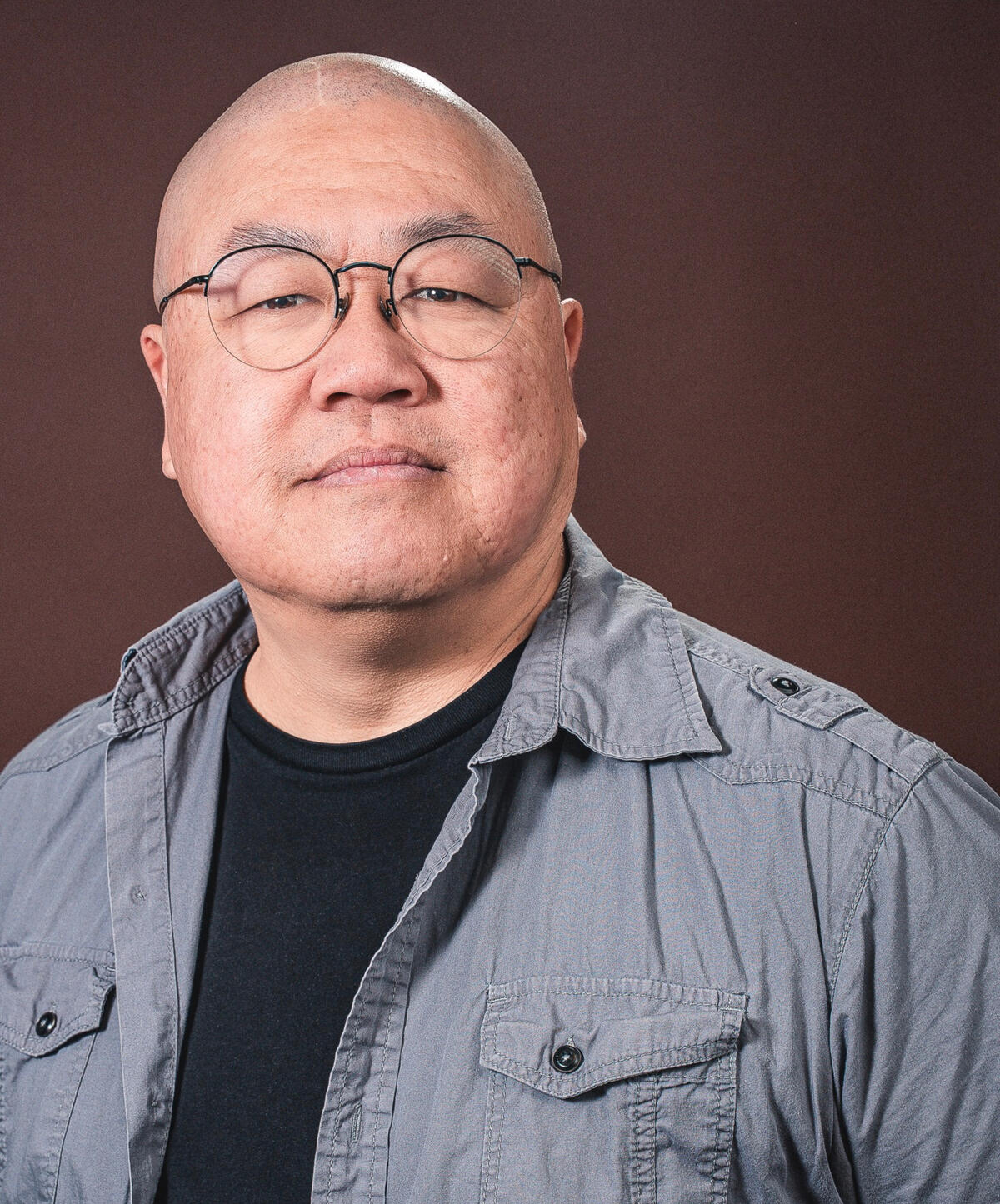JUNE YOON
COACHING & CONSULTATION
Authentic characterization, informed entrepreneurship, and competent audio production are the three necessary components of a successful voice actor's journey.My objective is to instill a strong foundation that supports your journey, and it begins with the Fundamentals of Voice Acting.The Swiss Cheese Analogy below is your first step. Have a listen.

ONE-ON-ONE SESSIONS
QUALIFICATIONS
| B.A. & California Teaching Credential in theatre arts education| Theatre Arts Educator, Director, & Producer 2005 to 2017| Voice Acting Coach & Advisor since 2020| Voice Actor & Entrepreneur since 2016| Agency Representation in LA, across the US, and around the world| Recent Bookings IMDB.me/juneyoon
FUNDAMENTALS OF VOICE ACTING
| script analysis & characterization
| audition techniques & best practices
| self-awareness & mindset
GUIDANCE AND CONSULTATION
| career direction & goals
| entrepreneurial operation & marketing
| home studio guidance & information
GROUP SESSIONS
Group sessions are also available via | Red Scythe Studio
| Swiss Cheese Analogy Workshop| Guest Director Sessions in character, commercial, and more| Improvisation Workout| Q&As and Lectures with working pros in the industry

